The global COVID-19 pandemic has made us all more aware of how easily diseases can spread and how dangerous they can be. For many people who are older or have underlying health conditions, other diseases often thought of as minor can also present a serious hazard, and when the rest of us carry such infections, we run the risk of passing them on to vulnerable people. This means that avoiding contagious diseases should factor into the way that we live at all times – but how can we manage that in busy modern cities? These guidelines will help.
Practice good hygiene
Most bacterial diseases and some other kinds really don’t like soap or alcohol. This means that hot, soapy water and alcohol-based sprays are our first line of defense against them. Wash your hands whenever you come into your home or are about to leave it, straight away after using the toilet, and also before you prepare or eat food. Extend this approach to keeping your kitchen and bathroom clean and sanitary.
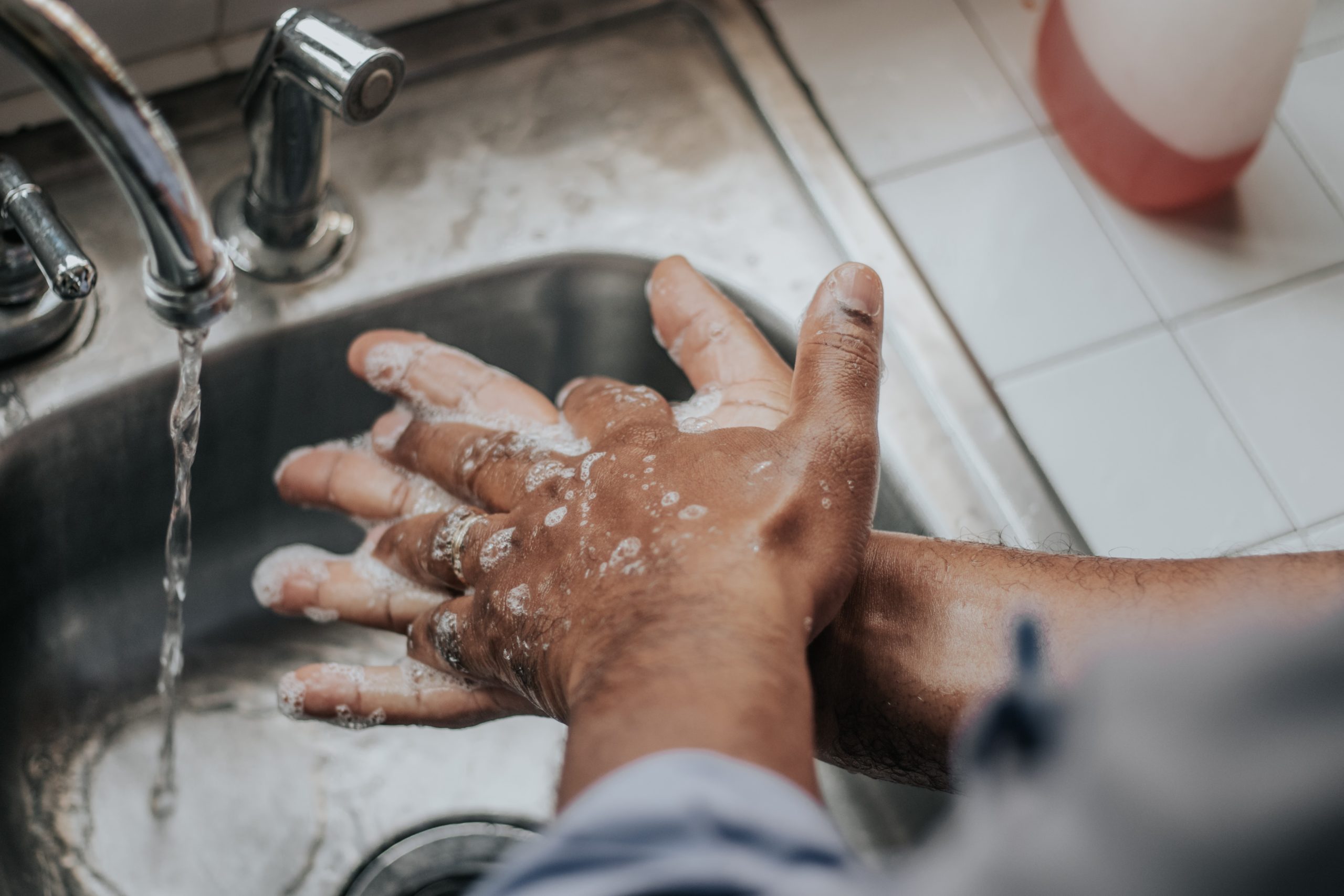
Masks matter
When there’s a disease such as COVID-19 or flu around, wearing a mask that covers your mouth and nose drastically reduces the chance of you passing it to someone else if you become infected. Even if you have no symptoms, you could be spraying out infectious microbes every time you breathe or speak, but a mask will catch them. In the same way, other people’s masks will keep you safe if you’re not infected. If you feel a sneeze or cough coming on and you don’t have a mask or a clean handkerchief, cover your mouth and nose with your elbow. Don’t use your hand as it’s easy to pass on diseases accidentally through touch.
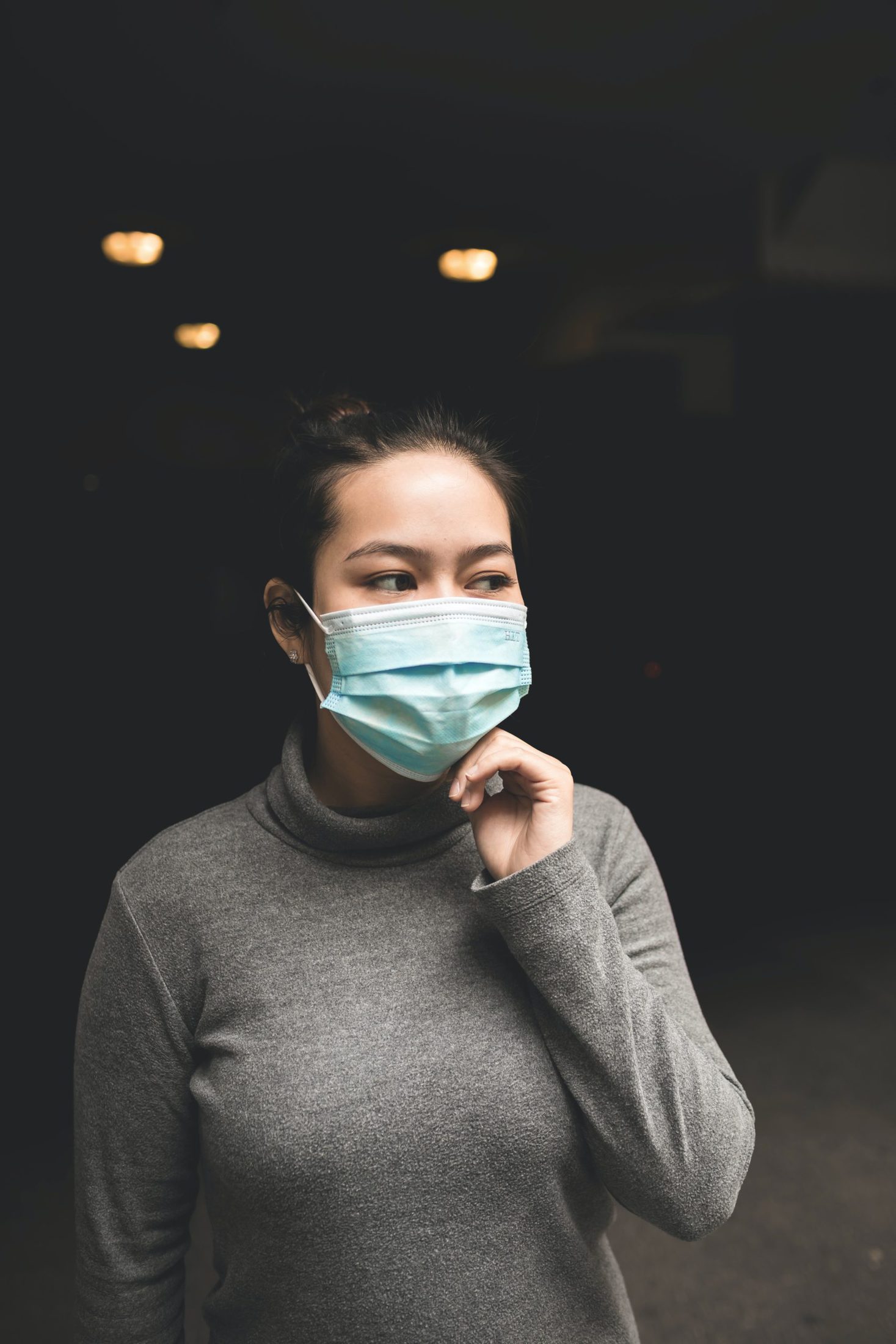
Be smart about isolation
If you suspect that you have COVID-19, it’s important to self quarantine and make a particular effort to avoid vulnerable people for 14 days or until you receive a negative test result. Make sure that you know how to get a COVID test so that you can arrange it quickly. If your boss pressures you to go into work, point out that losing one possibly infected person in the short term is better than having everybody else in the workplace infected and possibly off for weeks.
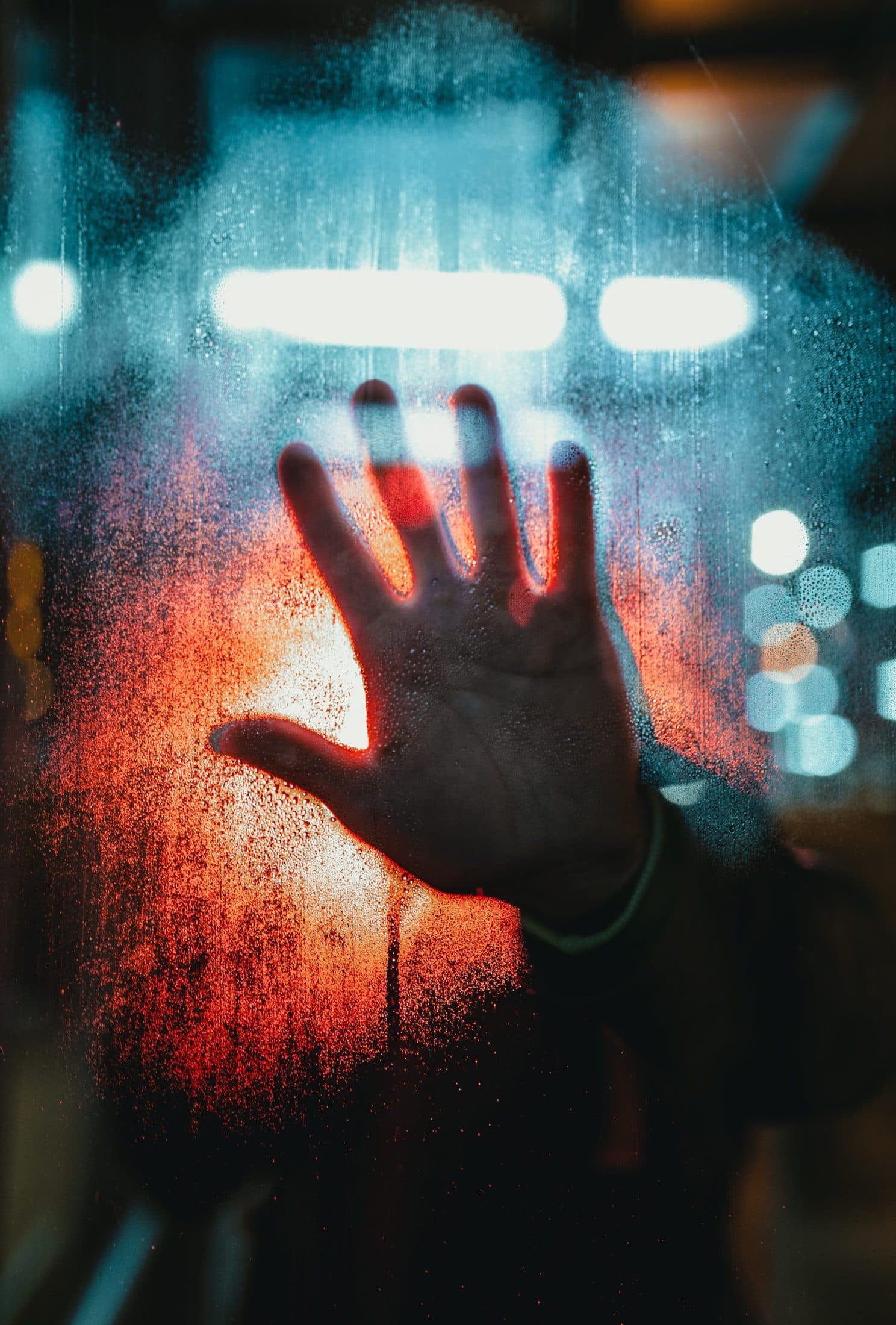
Avoid crowded places
It’s pretty much impossible to stay two meters away from people in a busy city, but the more you can stay out of crowds, the safer you will be. Public transport is a particular risk, so it’s safer to walk if you can, even if you pass more people in the process. Taxis are relatively safe for passengers, and wearing a mask will decrease the risk you pose to the driver.
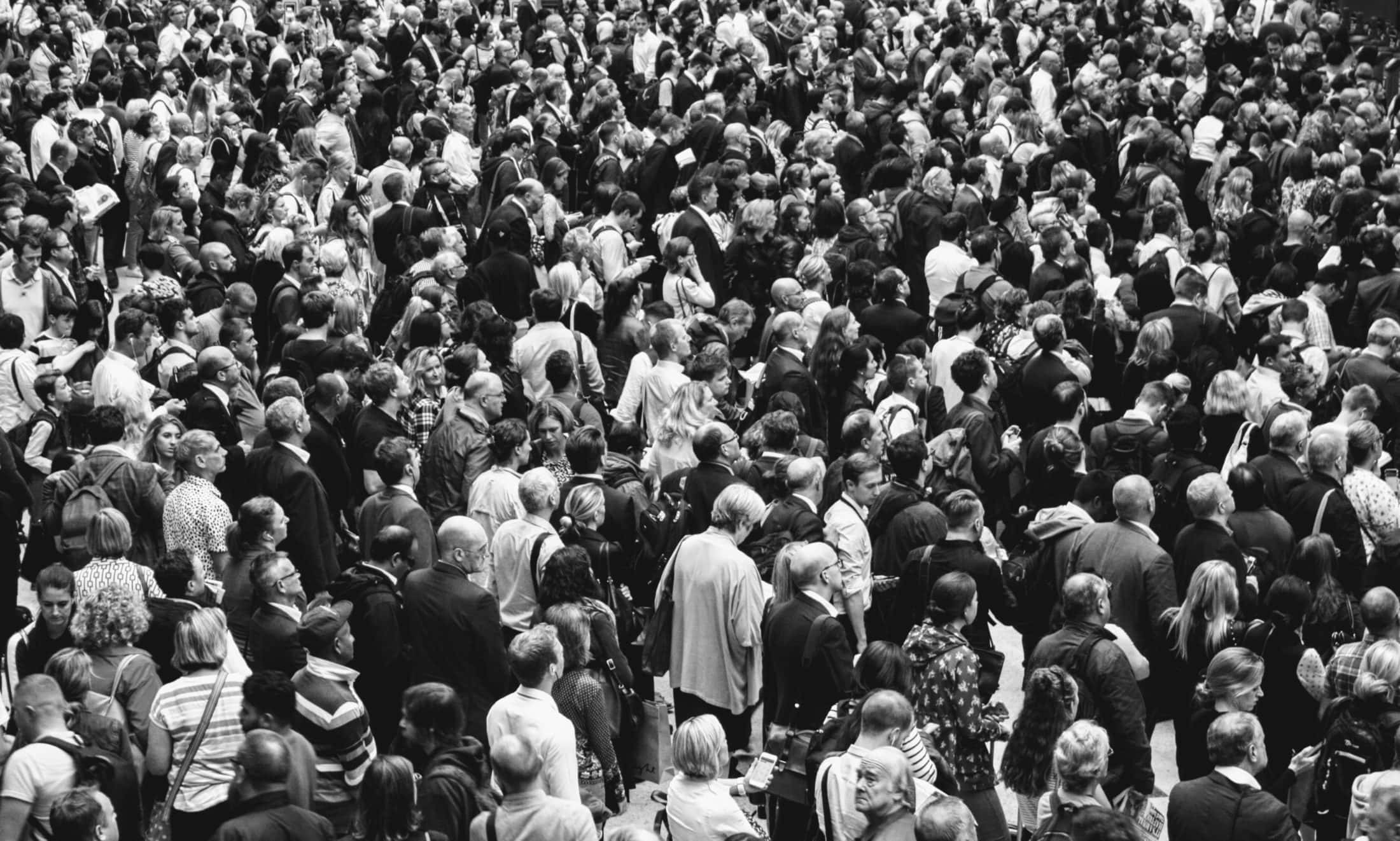
Avoid damp places
Most droplet-borne diseases, such as COVID-19 and flu, stay in the air for longer if it’s damp, giving them more chance to infect people. It’s not always possible to avoid humidity in the city, but you can stay safer by avoiding particularly damp places such as public swimming pools and changing rooms in gyms or leisure centers.

Store food carefully
Some diseases are transmitted by animals, and although we often think of this as a rural problem, it’s actually a bigger issue in cities because they’re more likely to have come into contact with other humans. The best way to protect yourself is to be careful about hygiene and store all your food in secure containers so that there’s nothing to tempt them into your home and they can’t contaminate what you’re eating.
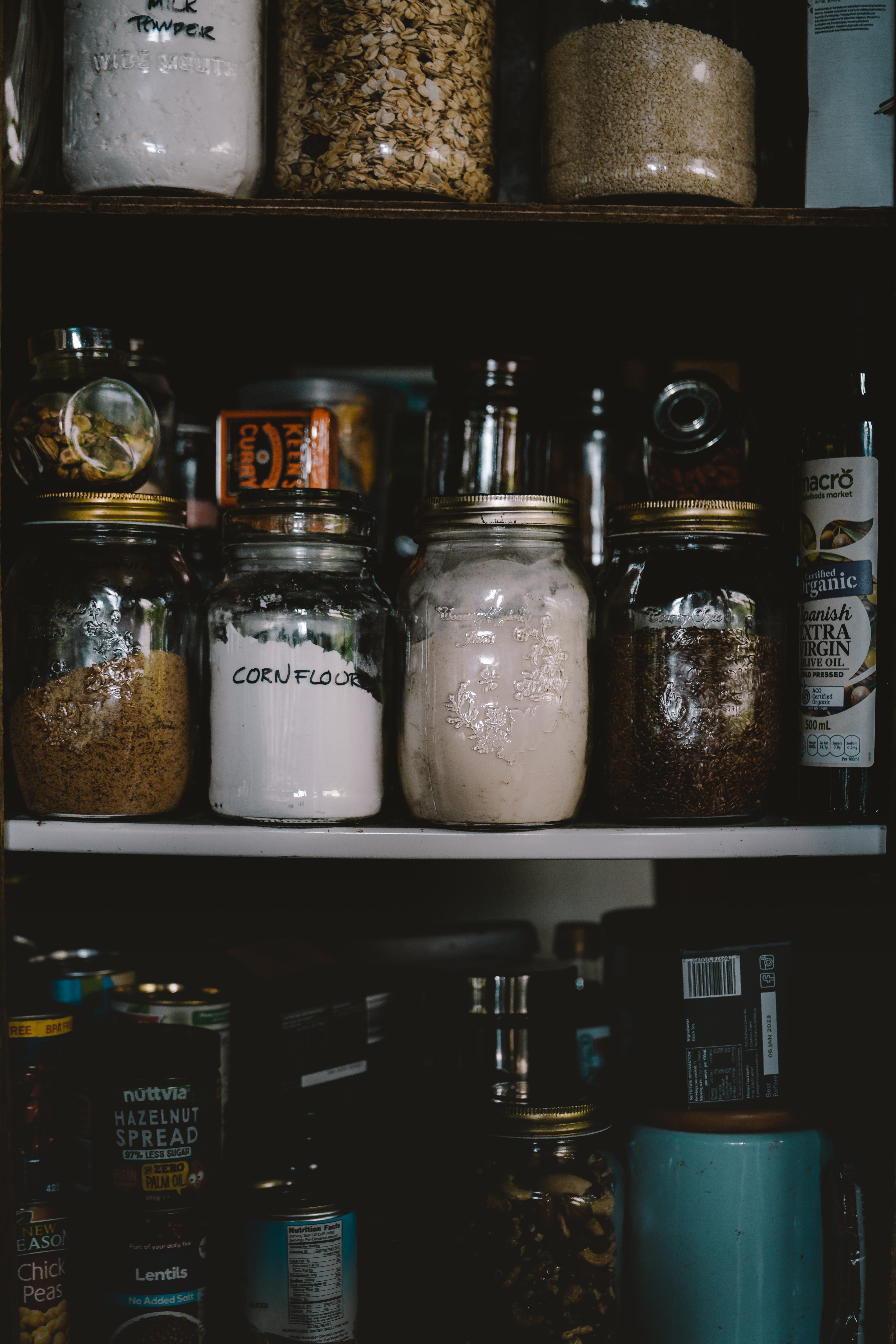
Practice safer sex
Although awareness has declined since the peak of the AIDS epidemic, most people know that safer sex techniques such as using condoms are important to avoiding sexually transmitted diseases, especially when sleeping with people whose sexual histories they don’t know. What they often don’t realize is that other types of disease, such as flu, can also be spread through sexual contact. Even if recent tests mean that you’re not worried about the major STDs, and pregnancy isn’t an issue, taking these precautions can protect your general health.

Get vaccinated
One of the most effective means that we have of preventing the spread of contagious disease – including some diseases that can be fatal or the cause serious, permanent injury – is vaccination. Making sure that your children are vaccinated in accordance with your doctor’s advice, and keeping your own vaccinations up to date, help to protect your whole community.
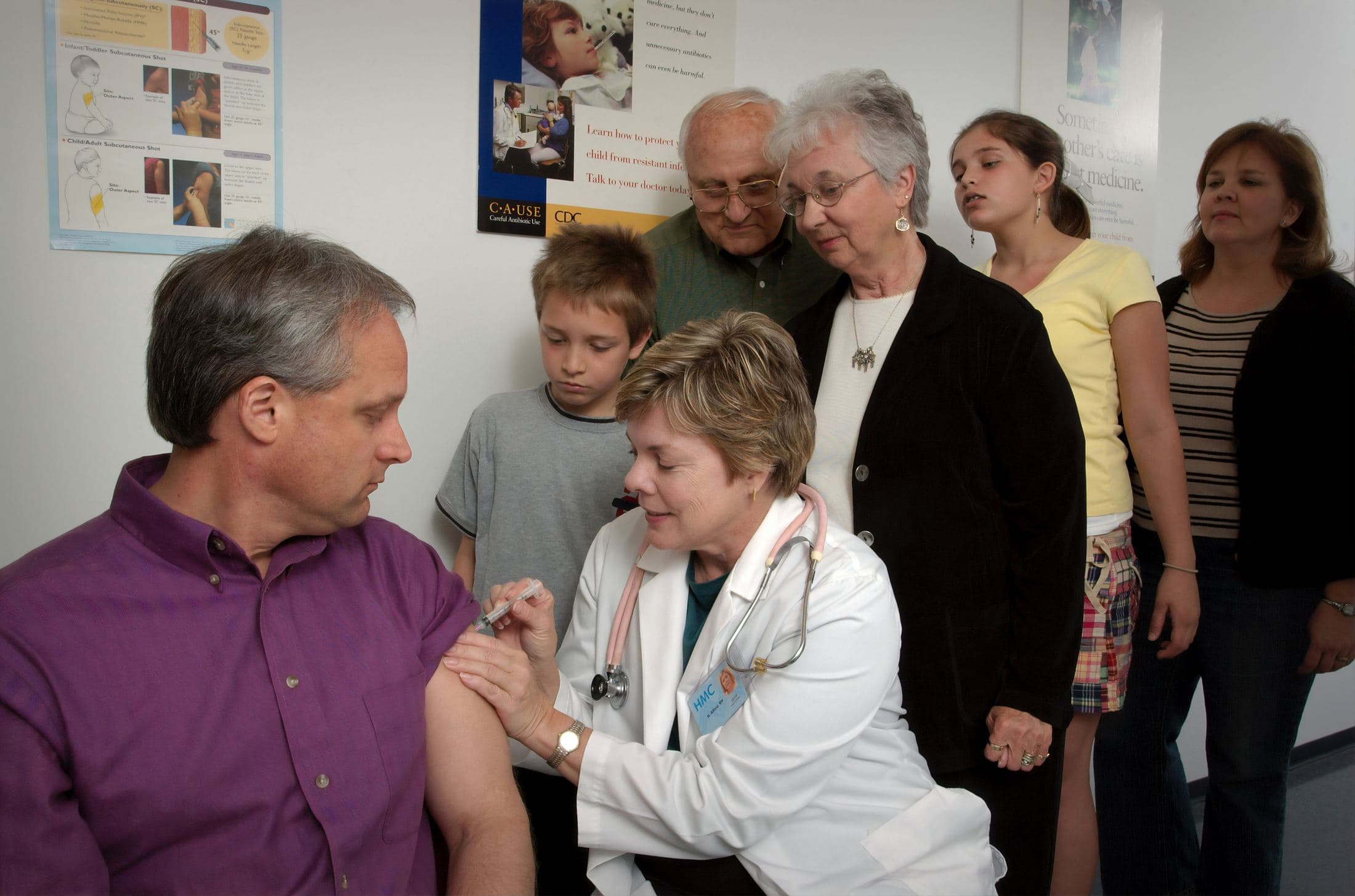
Infectious disease is a scary phenomenon, but, even after accounting for the pandemic, there used to be a lot more of it out there than there is today. It’s worth taking a moment to reflect on how far we’ve come and what you personally can do to make yourself and others safer still.
